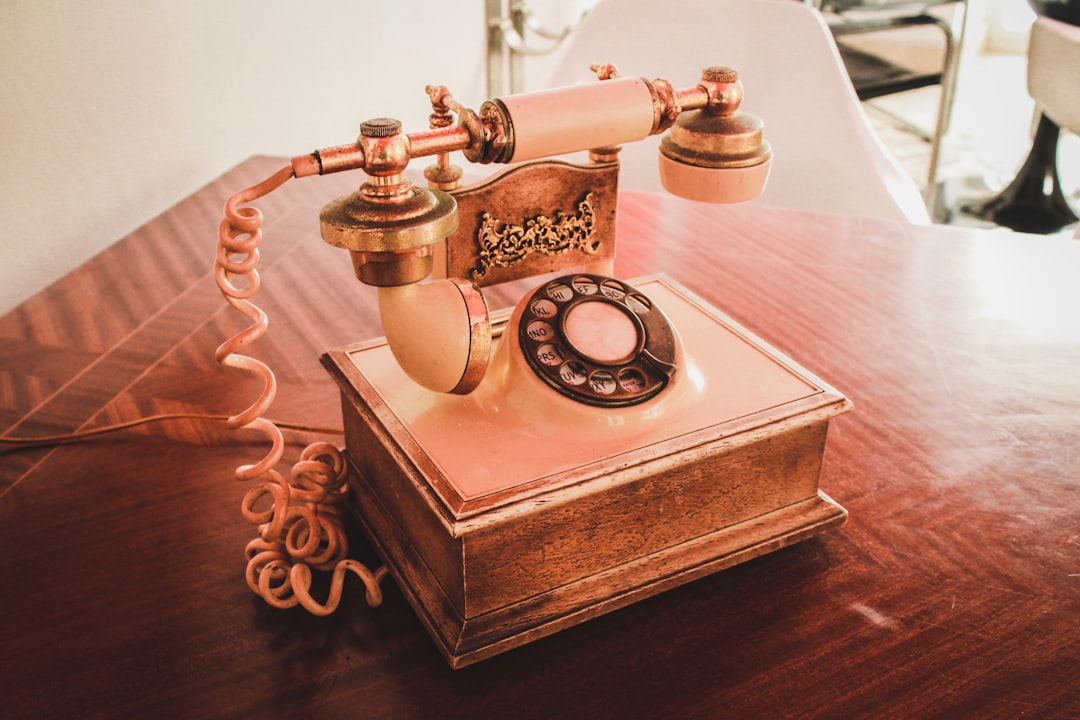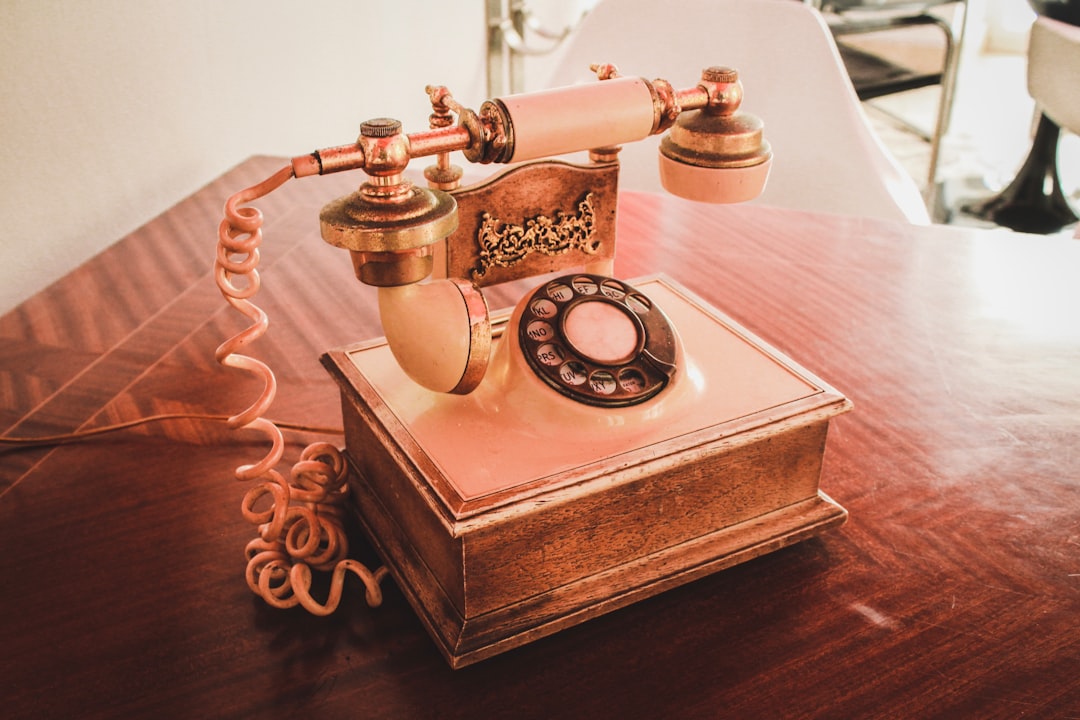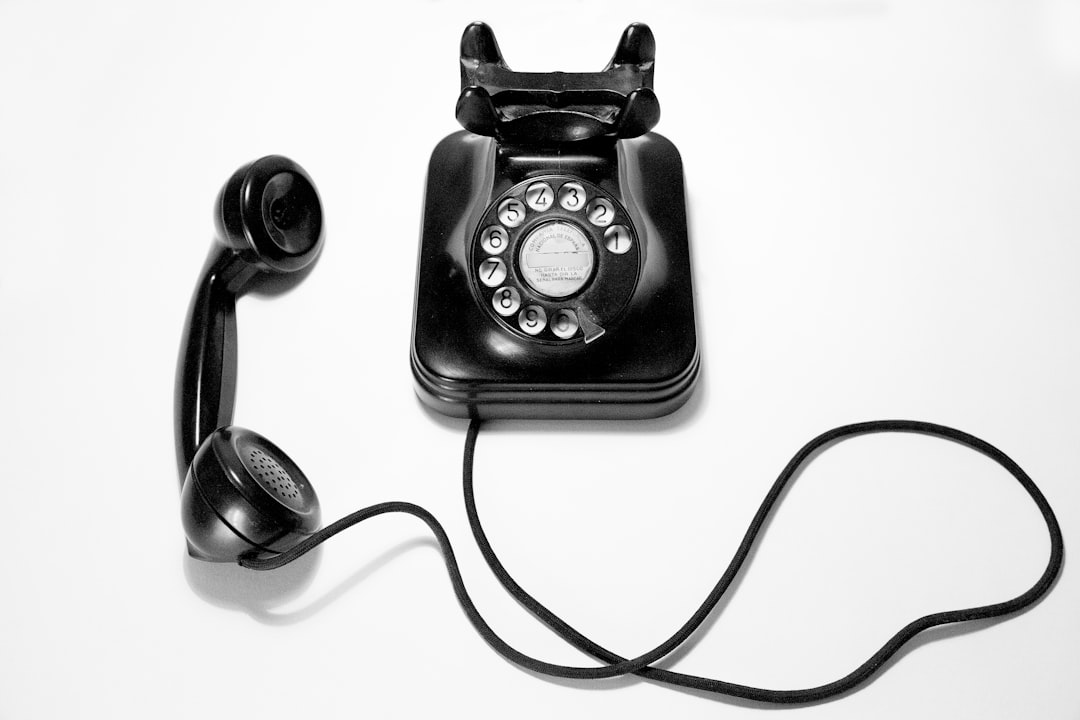Massachusetts' strict Do Not Call laws protect residents from intrusive telemarketing by restricting calls during prohibited hours (before 8 am or after 9 pm) and respecting numbers on the National Do Not Call Registry. Violations can lead to penalties, but specialized Do Not Call Lawyers/Attorneys in Massachusetts offer guidance on compliance and legal defense against spam call issues. Consumers experiencing unauthorized calls can file complaints with relevant offices, while non-profit organizations and certain government agencies are typically exempt from these regulations.
In Massachusetts, understanding and adhering to restricted telemarketing hours is crucial under the state’s stringent Do Not Call laws. This comprehensive guide aims to equip residents with knowledge about their rights and protections. From navigating the complexities of the Do Not Call Lawyer Massachusetts regulations to knowing who is affected, this article offers insights into Spam Call law firms Massachusetts. Discover key takeaways, penalties for violations, and steps to safeguard your privacy against intrusive telemarketing practices. Engage with Do Not Call Laws Massachusetts experts to explore your rights fully.
Understanding Massachusetts' Do Not Call Laws

Massachusetts has implemented strict Do Not Call laws to protect residents from unwanted telemarketing calls, often referred to as spam calls. These regulations are designed to give individuals control over their phone privacy and reduce the number of unsolicited sales or promotional messages they receive. The Do Not Call Laws in Massachusetts are comprehensive, setting clear restrictions on when businesses can contact residents for marketing purposes.
Understanding these laws is crucial for both consumers and Do Not Call Lawyer/Attorney practices in Massachusetts. Businesses that violate these regulations face severe penalties, including fines and legal actions. Consumers who register their numbers on the state’s Do Not Call list are entitled to peace of mind and can take legal action if they receive calls from listed companies. For those seeking representation, hiring a specialized Do Not Call Law Firm in Massachusetts ensures expertise in navigating these laws to protect clients’ rights and interests.
Restricted Telemarketing Hours: Key Takeaways

In Massachusetts, understanding and adhering to restricted telemarketing hours is crucial for businesses and individuals alike. The state has implemented strict Do Not Call Laws, with specific guidelines governing when and how telemarketers can contact residents. These regulations aim to protect consumers from unwanted and intrusive sales calls, offering them peace of mind and control over their communication preferences.
Key takeaways include recognizing the prohibited hours, typically during early mornings (before 8 am) and evenings (after 9 pm), when most people are likely to be asleep or engaged in personal time. Additionally, there are strict rules against calling phone numbers listed on the National Do Not Call Registry. For businesses seeking to comply with these laws, hiring a Do Not Call Lawyer Massachusetts or consulting with a specialized law firm can ensure adherence to regulations and protect against potential legal issues.
Who is Affected by These Regulations?

The Massachusetts regulations on restricted telemarketing hours are designed to protect residents from unwanted and intrusive sales calls. These rules primarily affect businesses engaged in telemarketing activities, including call centers and law firms that utilize telephone marketing as part of their services. If you operate a business that makes outbound sales calls or represents one involved in such practices, it is crucial to understand these regulations, especially when considering hiring a Do Not Call Lawyer Massachusetts or consulting with a Do Not Call Attorney Massachusetts.
Under the Do Not Call Laws Massachusetts, certain hours are designated as off-limits for telemarketing. Typically, these restrictions apply during early morning (before 8 am) and evening (after 9 pm) hours, ensuring residents enjoy peace and quiet during their personal time. Businesses that violate these regulations may face penalties, and a lawyer specializing in Do Not Call laws Massachusetts can guide affected firms on compliance measures to avoid legal troubles. Additionally, the rules often exempt specific types of calls, such as those from non-profit organizations or certain government agencies, highlighting the nuanced nature of telemarketing regulations in Massachusetts.
Penalties and Enforcement of the Rules

Under Massachusetts regulations, violations of do-not-call laws can result in significant penalties. If a telemarketer or call center knowingly or recklessly makes unsolicited calls to numbers registered on the state’s do-not-call list, they face fines ranging from $100 to $500 per violation. These penalties can be especially harsh for repeated offenses, with additional penalties of up to $10,000 per day for ongoing violations.
Enforcement of these rules is handled by the Massachusetts Attorney General’s Office and local district attorneys. Consumers who believe they’ve received unauthorized or harassing calls can file a complaint with the Attorney General’s Consumer Protection Division. A Do Not Call Lawyer or Attorney in Massachusetts can guide individuals and businesses on navigating these regulations, ensuring compliance, and providing legal defense against potential enforcement actions or lawsuits related to spam calls.
Your Rights and How to Protect Them

In Massachusetts, residents enjoy robust protections under state regulations regarding telemarketing practices. The Do Not Call Laws in Massachusetts are designed to safeguard individuals from unwanted and intrusive sales calls. If you’ve been disturbed by frequent spam calls or feel your privacy rights have been violated, it’s crucial to understand your legal options. A Do Not Call Lawyer or Do Not Call Attorney in Massachusetts can provide expert guidance on navigating these laws and ensuring your rights are respected.
To protect yourself, familiarize yourself with the state’s regulations. In general, businesses must adhere to strict restrictions on when and how they contact consumers. This often includes prohibiting calls before 8:00 a.m. or after 9:00 p.m., except under specific circumstances. If you receive calls in violation of these rules, document the details—including the caller’s information and the timing of the call—as this can be valuable evidence if you decide to take legal action against a spam call law firm in Massachusetts or file a complaint with relevant authorities.






